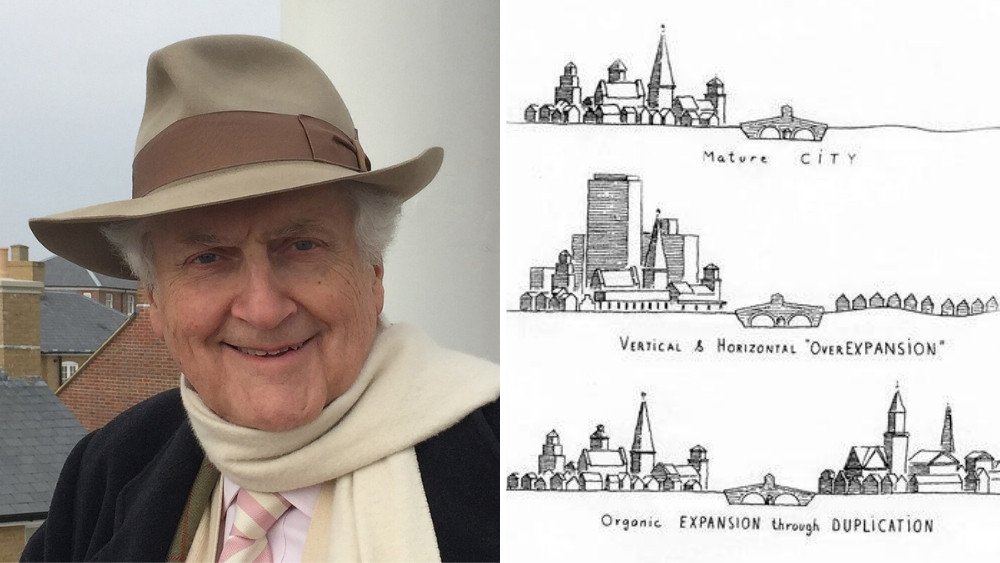It’s Time to Stop Getting “Used to It”
(Source: Unsplash/Joshua Wordel.)
If you had told me two years ago that I would still be living in Waco, Texas, I would have probably looked at you with wide eyes and pointed to my applications for grad school in Europe. No way, I probably would have said. I loved big cities and was eager to get back to that as soon as possible. If you had told me that not only would I live in Texas, but that my pattern of life would mainly be organized around the car, I would have passionately protested… I just would not have been able to see myself living that kind of life.
Yet, here I am two years later, still living in Texas. I drove myself in my husband’s car to get to the café where I am writing this column and when I’m done, I’ll drive home. This week, I’ll shop at a big box grocery store and maneuver a variety of stroads to complete my weekly errands. I will text friends to try and make plans to see them because none of us can walk to each other and since my husband uses our one car mainly for work, I will do most of my work as a writer and mom from home.
And guess what! I won’t have a mental meltdown. That would have surprised the Tiffany of two or three years ago. That Tiffany would not have seen herself as capable of adjusting to that kind of life after nearly a decade of living on and off in New York City. I was used to walking, biking, getting all my errands done within a few blocks of my home, stopping to get street food or to listen to live music, people-watching constantly, and always feeling eager to explore a new neighborhood. The city was my element, the place where I belonged.
All of that is still basically true about me, to some degree. But here’s another thing that’s true: I’ve adapted. Yes, those first two years were quite challenging. I could not drive anywhere without ranting to anyone in the car with me about the frustrations of car-oriented design. I couldn’t run errands without breaking down into tears after about 90 minutes. I lived for as long as possible without a car and even commuted around by bike during my first 90-degree Texas summer. Those first two years were tough but slowly, I adjusted.
This ability to adapt is one of our greatest strengths as humans. Somehow, we can adapt to some degree to just about anything: new cities, the addition or loss of family members, changes in our job, unexpected weather, new foods, new cultural environments… The list goes on. Our ability to adapt is critical for our survival and one of most remarkable traits.
But it sometimes seems to me that this capacity is forgotten or extremely discounted when discussing ways we could make our cities stronger, better, safer, more beautiful. Just suggest adding small businesses within neighborhoods or loosening zoning rules to allow for infill, mixed-use development. Suggest less parking downtown or fewer lanes on a corridor to slow traffic and suddenly this capacity for adaptation will be quickly overshadowed by fear of change.
The irony is that we endure and adapt to the consequences of massive change all the time. We endure traffic; we endure long pickup lines at school; we endure larger, faster, more dangerous cars on neighborhood streets. It’s only because these changes are embedded within a familiar story about “progress” that it doesn’t feel like adaptation. It feels like going with the flow.
For decades now, we’ve been told for so long that “normal” growth means more room for cars, more subdivisions that require millions of investment dollars, more chain stores, more tax breaks for developers, more traffic. These patterns persist not because we’ve agreed they are the best ways to set our towns up for long-term prosperity, but because it’s taken as a given that ordinary, tax-paying citizens won’t question them, they will just “get used to it.”
That is true. We will. Because “getting used to it” is something humans are really good at. But perhaps it’s time to stop getting used to it. Or rather, maybe it’s time we direct that extraordinary skill toward a better vision of life in our towns. Of course, that means no longer “getting used to” the status quo and helping other people see that we can have better places. In order to do that, we have to tell a different story about what progress looks like and remind people, even the most scared, most resistant folks in our communities that they are strong enough to adapt.
After all, they’ve been doing it all along.





Tiffany Owens Reed is the host of The Bottom-Up Revolution podcast. A graduate of The King's College and former journalist, she is a New Yorker at heart, currently living in Texas. In addition to writing for Strong Towns and freelancing as a project manager, she reads, writes, and curates content for Cities Decoded, an educational platform designed to help ordinary people understand cities. Explore free resources here and follow her on Instagram @citiesdecoded.